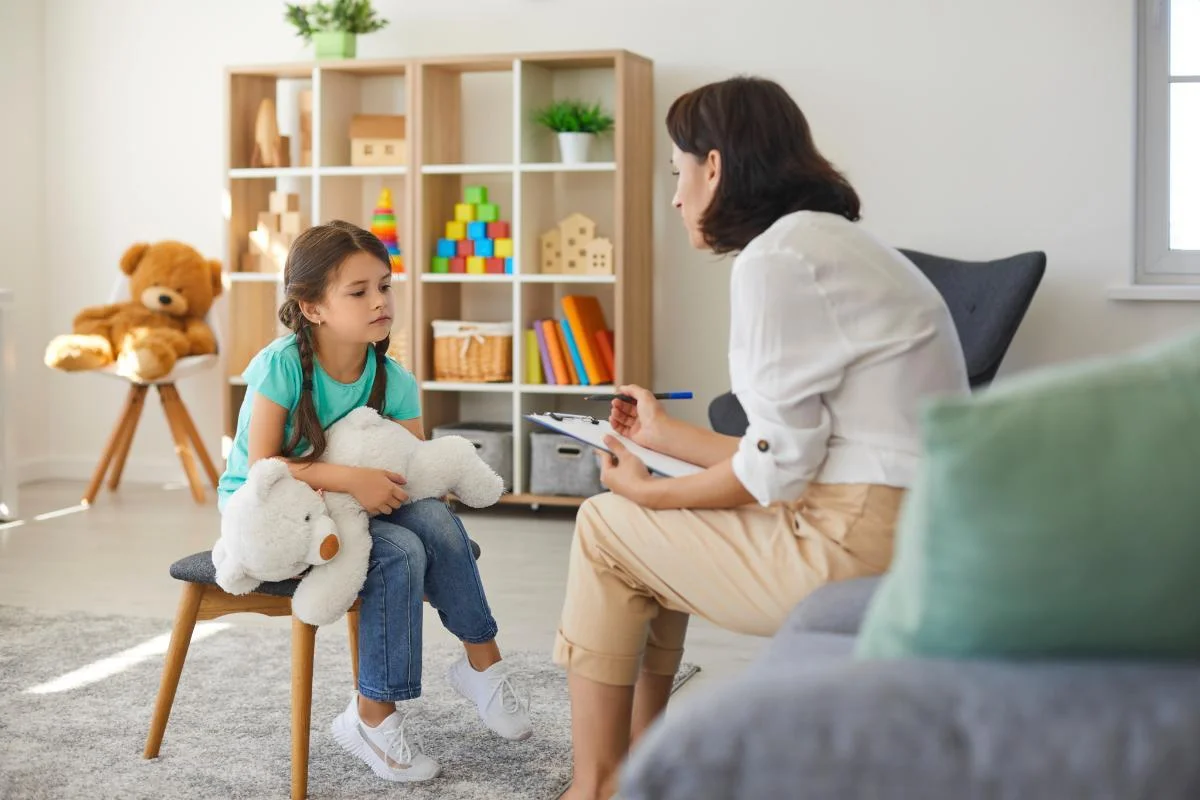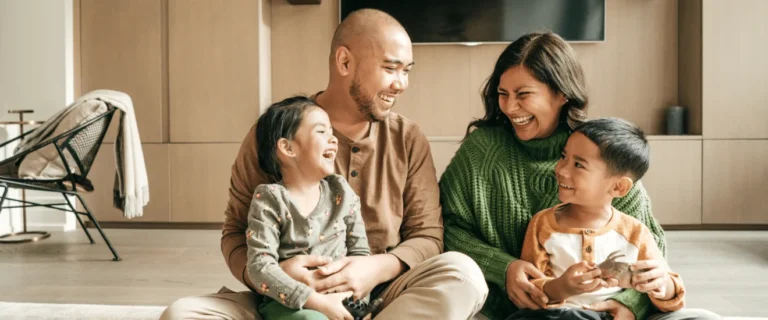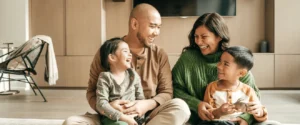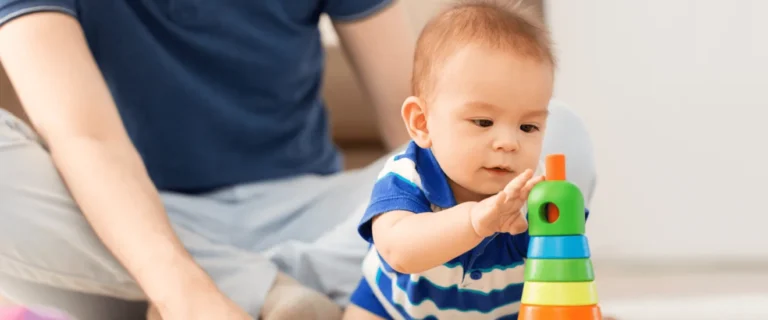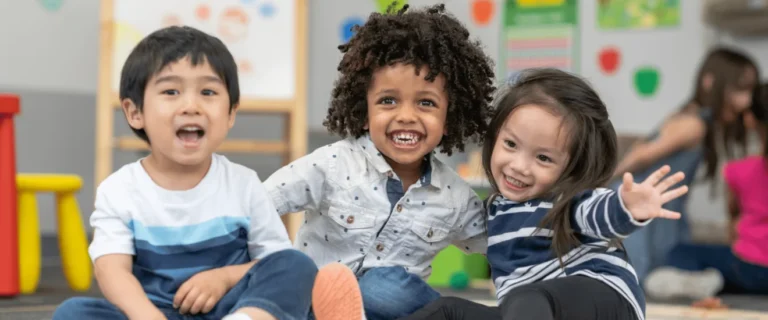If you’re parenting a child diagnosed with autism, you’ve likely heard of applied behavioral analysis (ABA) and the benefits this style of therapy can have for your child. Nonetheless, you might be nervous about taking the first step. Determining how to prepare for ABA therapy is a unique process for each family, but the caring team at Opya is here to help you with this journey. Call us at (888) 300-OPYA or reach out online to discuss what to expect in your child’s first session and how to prepare.
What Is ABA?
Autism treatment takes many forms. ABA is the primary clinically proven technique. Its main thrust lies in understanding through observation. This technique is powerful because it acknowledges each child’s individuality and allows their unique strengths, growth areas, and needs to guide sessions. This customizable approach is most effective when treatment starts before age 6. These formative years are crucial in children’s development, and the team at Opya is committed to the success of the children in their care.
What Can You Expect in Your ABA Session?
During an ABA session, you can expect some of the following types of activities to take place:
- Pairing activities – These activities often involve free play or an enjoyable activity between the therapist and your child. Pairing creates a positive rapport and allows your child to trust their therapist and engage in all parts of the process to a greater degree. It can also provide a much-needed break from more strenuous activities.
- Discrete Trial Training (DTT): Usually completed at a desk or table, this part of ABA sessions focuses on more formal skills. These are typically very specific, such as producing a single speech sound like “fff” or identifying and touching a body part such as an ear. Positive reinforcement is used throughout DTT to build confidence and esteem and help your child form strong memories of what they’ve learned.
- Natural Environment Training (NET) – This portion of ABA often resembles playtime but is a carefully crafted experience that gives your child many opportunities to learn in an environment similar to an everyday situation. NET allows your child to generalize and apply the specific skills they’ve learned in DTT and understand how they fit into life outside therapy. For example, if your child just worked with the “fff” sound and touching their ear during DTT, their therapist might ask them to identify a toy ferret and pat it on the ear. ABA often incorporates social experiences, such as time with other children, into this therapy component.
Preparing for ABA Therapy
New experiences can be especially challenging for children diagnosed with autism. Because routine supports self-regulation and security, give your child the best preparation possible before their first ABA session. Here are a few tips to consider before day one:
- After familiarizing yourself with ABA practices and talking with the therapist about your child’s unique needs, preferences, and triggers, sit down with your child and tell them a story. Explaining what may happen in their first ABA session in narrative form can help prepare them in an engaging and non-threatening way.
- Let your child bring their favorite blanket or stuffed animal to the first session and hold onto it. Having a familiar comfort object on hand can make a world of difference in dispelling first-day jitters.
- Place your child’s favorite snacks and hydrating beverages in the space where they’ll receive ABA and tell them they’ll get to enjoy these treats during their session.
- Prepare the space in your home in which ABA will take place well in advance, and let your child spend a lot of time there before their first session. This will add a degree of familiarity to the new experience.
- If possible, get your child’s siblings involved in ABA and let them know their brothers or sisters will be there with them.
- Let your child know you love them, they are safe, and you’ll be with them as much as possible during this new experience.
If You’re Looking for ABA Therapy in California, Contact Opya Today
Helping your child diagnosed with autism get the best possible start in life is our passion at Opya. Our friendly and highly trained ABA therapists are excited to deliver clinically excellent in-home care in Northern California (Sacramento, Central Valley, San Francisco Bay Area) and in Southern California (notably the Orange County area). As you’re preparing for ABA therapy, know that we’re here to help. Reach out to us today by phone at (888) 300-OPYA or online for answers to your questions about this important first step.
